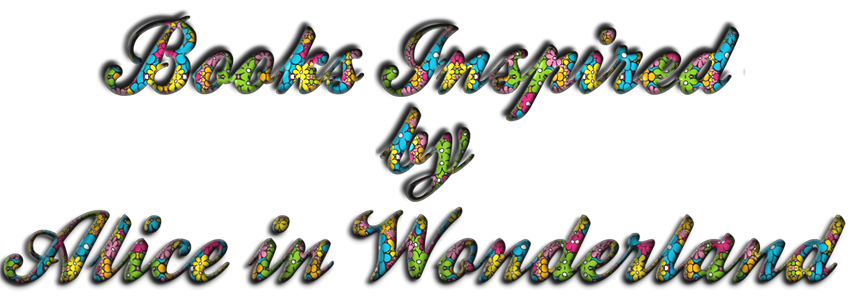
The more she thought about it, the more convinced Alice became. Her bed had not been moving when she got in to it. She could clearly remember Dinah jumping up to wish her good night. "She really is such a clumsy cat," Alice thought. "I am sure she could never have managed it if my bed had been bobbing about like a cork on a pond. It’s not as if it’s the sort of thing one could easily be mistaken about. Perhaps if beds stayed still some nights and bobbed up and down on others, one could be forgiven, once in a while, for forgetting which sort of night it was; but beds don’t behave like that."

There were other things wrong too. Alice could hear birds singing and feel a soft warm breeze blowing against her face – as if in a meadow on a summer’s day. That’s not at all right when you’re supposed to be tucked up in bed in the middle of the night.
Alice often found problems easier to solve if she kept her eyes tight shut, but this was not one of those times. There was nothing else for it. She was going to have to open her eyes and take a look.
"Well, that really is… How totally extraordinary," exclaimed Alice. "Not at all what I had expected."
READ MORE:

A note on Carrollean spellings.
This page is for the purists...
You may be surprised to see words like "can't" spelled out as "ca'n't" in Wonderland Revisited.... You may even think you've spotted the odd spelling mistake, like "traveling".
Well, it is an odd spelling, I'll grant you, but not a mistake. Wonderland Revisited and the Games Alice Played There deliberately uses Lewis Carroll's own conventions with regard to spelling and punctuation.
The approach is best described by the following extract from Carroll's own preface to Sylvie and Bruno.
Other critics have objected to certain innovations in spelling, such as "ca’n’t", "wo’n’t", "traveler". In reply, I can only plead my firm conviction that the popular usage is wrong. As to "ca’n’t", it will not be disputed that, in all other words ending in "n’t", these letters are an abbreviation of "not"; and it is surely absurd to suppose that, in this solitary instance, "not" is represented by "‘t"! In fact "can’t" is the proper abbreviation for "can it", just as "is’t" is for "is it". Again, in "wo’n’t", the first apostrophe is needed, because the word "would" is here abridged into "wo": but I hold it proper to spell "don’t" with only one apostrophe, because the word "do" is here complete.
As to such words as "traveler", I hold the correct principle to be, to double the consonant when the accent falls on that syllable; otherwise to leave it single. This rule is observed in most cases (e.g. we double the "r" in "preferred", but leave it single in "offered"), so that I am only extending, to other cases, an existing rule. I admit, however, that I do not spell "parallel", as the rule would have it; but here we are constrained, by the etymology, to insert the double "l".
Lewis Carroll
So there! I claim to be picking up the pen where Carroll put it down so the least I can do is wield it in the same way. Who am I to argue with one so revered?



"Wonderland Revisited and the Games Alice Played There," Available from Amazon and all retail outlets or ask Keith for a signed copy.
Readers from other geographical regions, please email Keith for a quote at the link below, specifying your country and currency


No comments:
Post a Comment